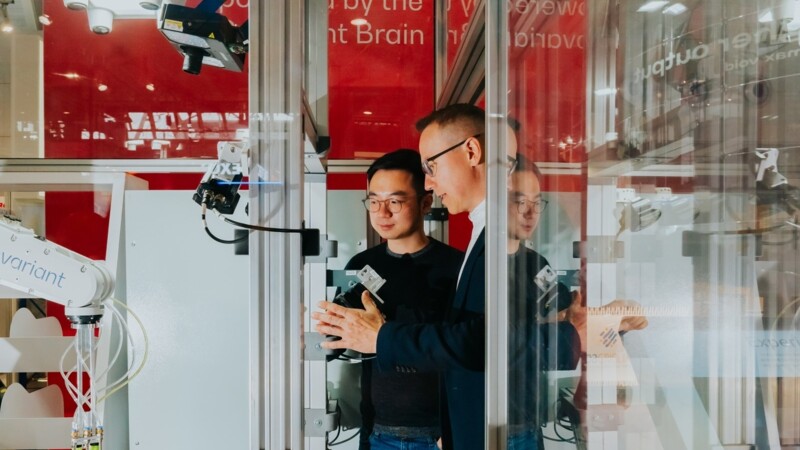"Clearly, AI will play an increasing role. The technology helps increase productivity, opens up new markets, and makes business processes more efficient and effective. An extensive ecosystem of companies, science facilities and institutions is emerging in Hamburg that bundle AI expertise and benefit from each other," said Dr Melanie Leonhard, Senator for Economics and Innovation. Services in business and administration will be accelerated, decision-making processes automated and data analyses simplified. However, the technological progress is not without risks such as discrimination, breach of privacy or manipulation, prompting Leonhard to add: "This innovation must be used responsibly." The AI Act, which is currently being drafted by the EU, is expected to set up clear rules and standards for a risk-based approach to AI use.
A study by the LawCom Institute and the Artificial Intelligence Center Hamburg (ARIC) on the use of AI in SMEs, commissioned by the Ministry of Economics, has identified the opportunities and risks of the technology and derived a corresponding need for action. The European Union is now co-ordinating a draft of an AI Act regulating the use of AI across the bloc. The ministry published the guideline on Monday. (July 17, 2023) before the expected law takes effect in late 2023.
Responsible use of AI crucial
Concrete steps in run-up to EU law
"Companies and the state of Hamburg can be pioneers for the socially-responsible use of AI and take concrete steps in the run-up to the AI Act that will soon come into force," said Friedrich-Joachim Mehmel, a representative of the LawCom Institute and co-author of the study that concluded in April. It offers SMEs guidance and gauges the potential impact of the planned EU law. All new developments and adaptations of existing AI systems must comply with the AI Act for approval. SMEs will likely be obliged to make internal processes transparent and document them. However, the AI Act's rules and standards, which should increase consumer confidence in AI applications, could also give SMEs a competitive edge and a seal of approval for "Responsible AI". The law also aims to spur AI innovation. SMEs that adapt to the regulations and offer innovative, trustworthy AI solutions could benefit from this framework.
mm/pb
Sources and further information
More
Similar articles

AI robots to power Otto Group's logistics network

Watch out for KAI, the virtual influencer, on Linkedin

NWX 2023: "AI will change all aspects of our lives"
